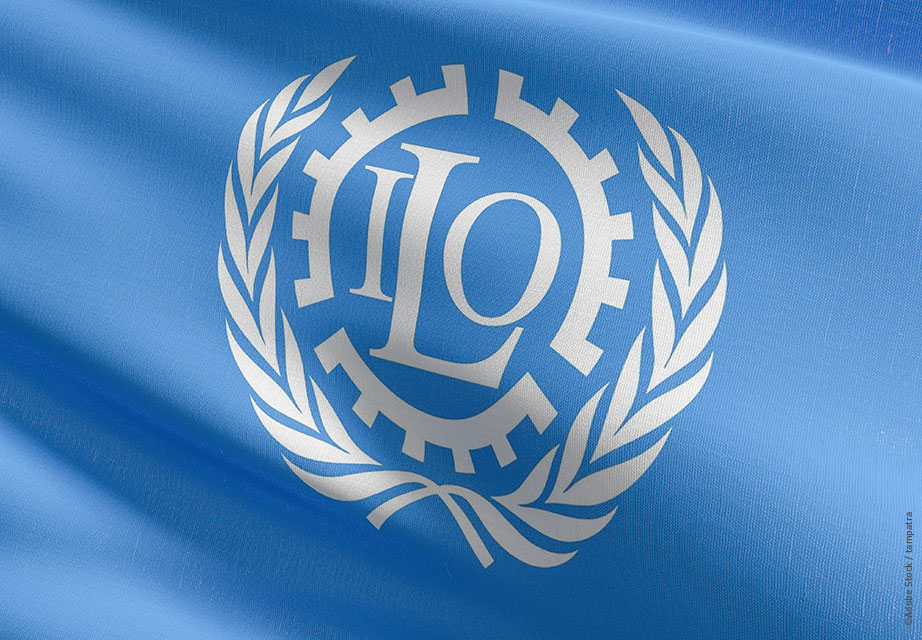International social dialogue indispensable for the global economic order of the 21st century

Photo: Adobestock rh2010
BDA AGENDA 28/21 | Topic of the Week | 09 December 2021
The International Labour Conference (ILC), as the highest organ of the International Labour Organization (ILO), sets the course for the socially acceptable transformation of the world economy.
In the second session of this year's International Labour Conference, governments, employers' and workers' organisations will negotiate on two issues that are currently among the greatest challenges to the global economic order and its transformation towards more climate-friendly technologies: "Inequalities and the world of work" and "Skills and lifelong learning for the future of work".
Inequalities and the world of work - dynamic, inclusive labour markets and productive enterprises create fair living conditions
Inequality is a multi-faceted concept that cannot be reduced to income or wage inequality. In the Inequalities Committee, the Employers therefore advocate for a differentiated analysis that takes into account exogenous factors. Progress in reducing inequality between countries and in reducing extreme poverty must be recognized. Education and employment are the two most important factors. Productivity improvements and ensuring sustainable entrepreneurship are important drivers of inequality reduction. Higher burdens on business or additional regulation should be avoided as they limit employment opportunities. Higher non-wage costs reduce workers' disposable household income. The Employers' Group is committed to an evidence-based approach, whereby strategies that have proven effective can serve as inspiration for other countries and situations. The very different national circumstances must be taken into account, so there can be no single solution at the global level.
Skills and lifelong learning - essential prerequisites for the future of work
The discussion is guided by the important role of education and training in a constantly changing world of work. Adapted qualifications oriented to the requirements of the labour market are indispensable prerequisites for improving the productivity of companies and for successful structural change in the world of work.
In the Qualifications Committee, employers are particularly committed to recognising and strengthening the role of social dialogue and to closely involving the social partners in the governance of qualification systems. The employers' side is opposed to the introduction of a universal entitlement to lifelong learning, especially as neither the design nor the financing are clear. The targeted qualification of employees is fundamentally the task of the companies and employees themselves. A universal entitlement of every individual to lifelong learning must be rejected as not achieving its objectives.
Employers advocate for balanced conclusions that take into account and respect the specific circumstances of the training systems of ILO Member States. Normative approaches to the financing of qualification, such as "training funds", must not be recommended in an undifferentiated manner.








